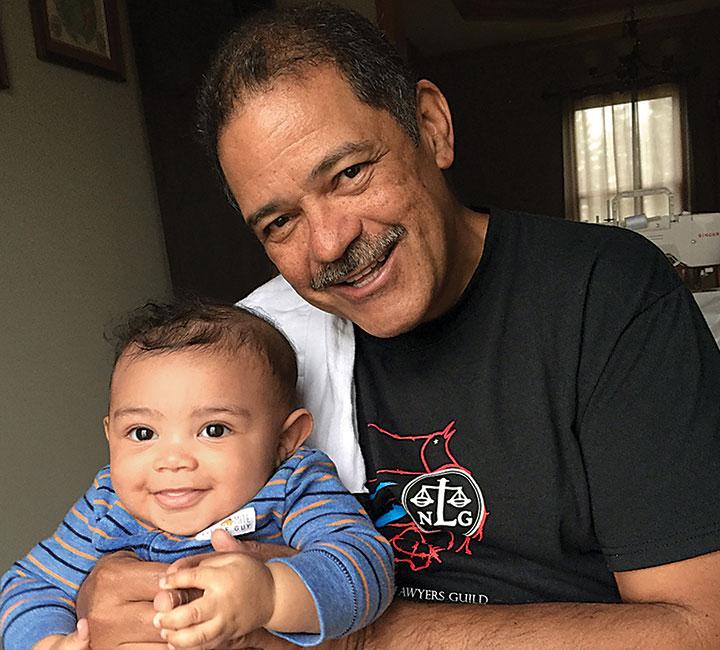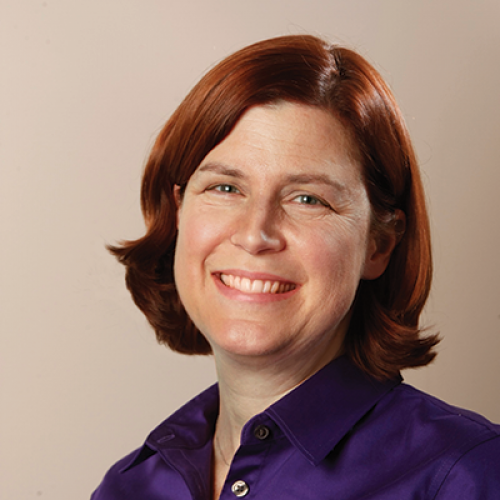APRIL 26, 1955 | FEB. 6, 2017
WHEN ANA HEY-COLON ’02 THINKS of her father, Charles Hey-Maestre ’77, she recalls a visit to a McDonald’s restaurant with him when she was 8 or 9 years old. A boy about her age was outside the building, and he looked lost and hungry. “Come with us,” her father told the boy, and the three of them went inside and shared a meal.
Hey-Maestre, who was one of Puerto Rico’s most prominent advocates for the poor, later explained to his daughter: “This is what I do, and this is what I want you and your siblings to do. You must help others. If you’re not helping others, you really have to think about what you’re doing.”
For nearly 40 years, Hey-Maestre was a singular figure in Puerto Rico as a champion for the legal rights of the poor, be they domestic-abuse victims or migrant farm workers. He was a lead attorney in a decades-long battle over one of the most painful chapters in the island’s history, known as the carpetas, when he and others sued the Puerto Rican government over secret dossiers that were illegally kept on so-called political subversives.
He never sought accolades for his work on the case, says Eddie Olivera, a fellow lawyer. “He was under tremendous pressure from local and federal authorities to drop the case — and there was a lot on the line if he was wrong — but he never complained.” The government released files on thousands of Puerto Ricans and eventually compensated the victims.
Hey-Maestre was born in the Bronx but grew up in Puerto Rico. He was “politically minded” even as a teenager, recalls his wife, Linda Colon ’75, who met her husband at a gathering for Latino undergraduates. While on campus, Hey-Maestre founded Acción Puertorriqueña y Amigos, which fostered community for Latino students, with future U.S. Supreme Court Justice Sonia Sotomayor ’76. “For his whole life, Charlie led by example by dedicating himself to others,” Sotomayor said in a video shown at his memorial service. “Charlie left the world a much better place than he found it.” He died after battling cancer.
After Princeton, Hey-Maestre earned a law degree at New York University and then returned to Puerto Rico. “I always wondered why somebody with his résumé would have chosen to be executive director of Puerto Rico Legal Services, but his love of the island and its people is what drove him,” says his friend Leo Aldridge. The organization represents tens of thousands of indigent clients every year.
Hey-Maestre’s reputation encompassed more than his legal acumen and his compassion: His fundraising prowess was legendary. “Charlie was a pest. He wore people down,” says Aldridge. “He literally would not stop until you gave him whatever he needed. He turned on that killer smile, and you could not say no.”
Jennifer Altmann is a freelance writer and editor.



